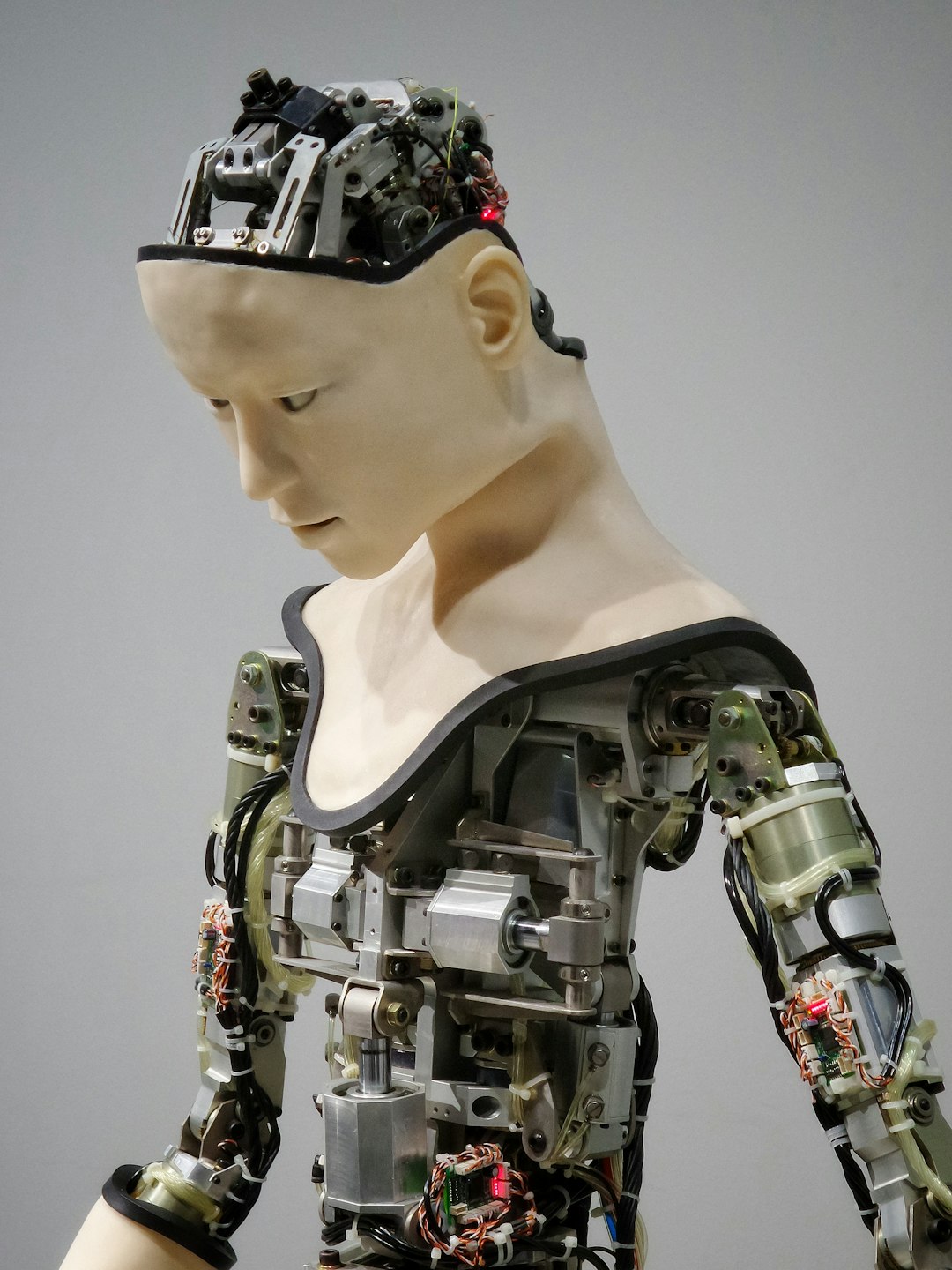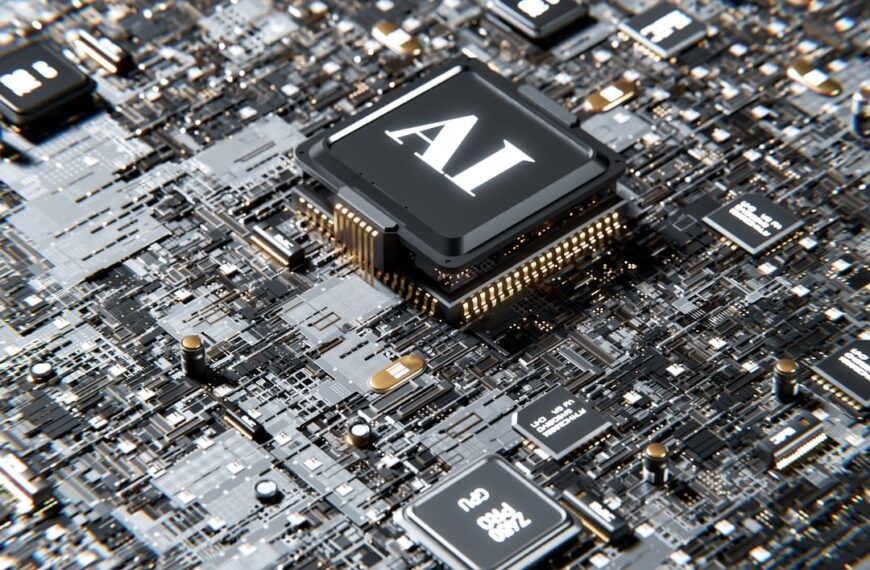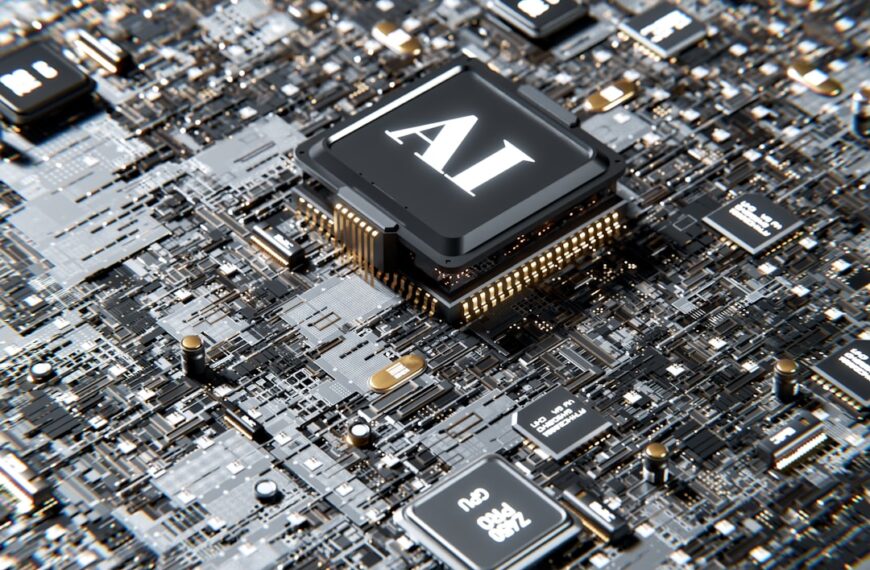Artificial intelligence. The term itself conjures images of sentient robots and dystopian futures, often fueled by science fiction and sensationalist headlines. But the reality of AI is far more nuanced and, frankly, far more impactful than the hype suggests. We’re not talking about Skynet just yet; instead, we’re seeing a quiet revolution, a gradual but powerful transformation of industries through practical applications of AI technology.
This isn’t about replacing humans; it’s about augmenting human capabilities. AI is a tool, a powerful one, but a tool nonetheless, capable of streamlining processes, improving efficiency, and unlocking previously inaccessible insights. Let’s explore some of the real-world applications reshaping our world:
Healthcare: AI is revolutionizing diagnostics. Algorithms are being trained to detect diseases like cancer from medical images with accuracy rivaling, and in some cases surpassing, human experts. This leads to earlier diagnosis, faster treatment, and improved patient outcomes. Beyond diagnostics, AI is optimizing drug discovery, personalizing treatments, and improving operational efficiency in hospitals.
Manufacturing: From predictive maintenance that minimizes downtime to quality control systems that identify defects with unparalleled precision, AI is transforming manufacturing processes. Robots equipped with AI-powered vision systems are performing complex tasks with increased speed and accuracy, boosting productivity and reducing waste. This isn’t just about automation; it’s about intelligent automation that adapts and learns.
Finance: AI is enhancing fraud detection, improving risk management, and personalizing customer service in the financial sector. Sophisticated algorithms can analyze vast amounts of data to identify suspicious transactions in real-time, protecting customers and institutions from financial crime. AI-powered chatbots are providing instant customer support, freeing up human agents to handle more complex issues.
Retail: AI-powered recommendation systems are personalizing the shopping experience, driving sales, and improving customer loyalty. These systems analyze customer data to suggest products tailored to individual preferences, leading to increased engagement and conversion rates. AI is also optimizing supply chain management, predicting demand, and improving inventory control.
Transportation: Self-driving cars are perhaps the most visible example of AI in transportation, but the technology extends far beyond autonomous vehicles. AI is optimizing traffic flow, improving logistics, and enhancing safety in various transportation sectors. Predictive maintenance for vehicles and infrastructure reduces downtime and improves efficiency.
The applications are vast and varied, impacting nearly every aspect of modern life. The key takeaway is that AI isn’t some distant future technology; it’s already here, quietly transforming industries and improving our lives. While the hype surrounding AI may be overblown at times, the reality of its practical applications is undeniably impressive and continues to evolve at an astonishing pace. The future of AI isn’t about robots taking over; it’s about humans and AI working together to build a better future.









